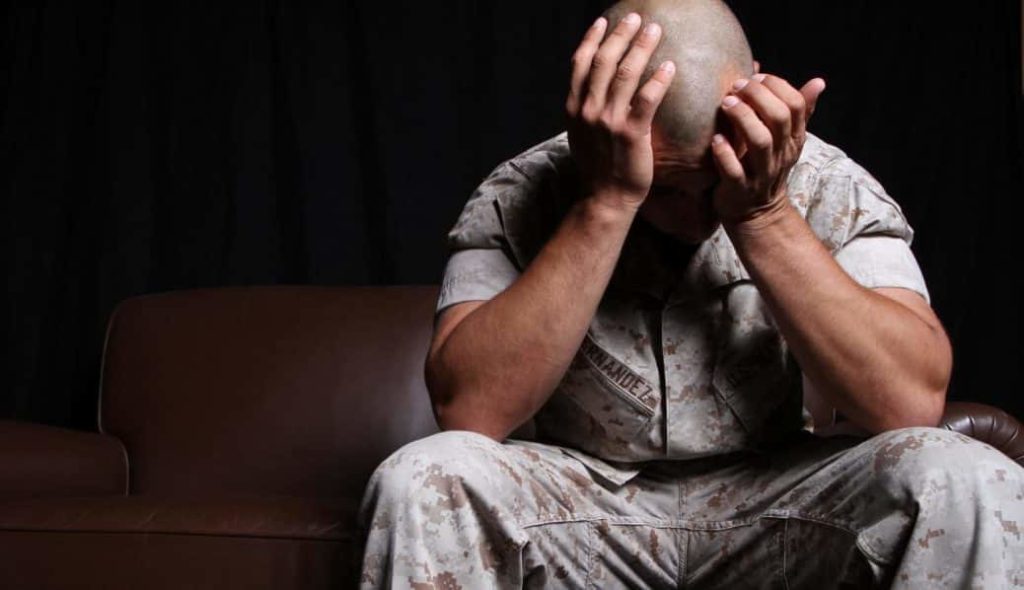A new study offers hope to the estimated one million American veterans of the conflicts in Iraq, Afghanistan and Vietnam who suffer with post traumatic stress disorder (PTSD). The randomized controlled study published on Friday, Feb. 1, in the Journal of Nervous and Mental Disease found that 86 percent of the veterans who participated in the study no longer met the criteria for clinical PTSD after six hour-long Emotional Freedom Techniques (EFT) sessions with EFT coaches. At a six-month follow-up, 80 percent of participants continued to measure below the level for clinical PTSD.
Veterans with PTSD often experience flashbacks, nightmares, anxiety, depression, fear, anger, guilt, suicidal thoughts and other debilitating symptoms.
“This study shows that veterans don’t have to suffer with PTSD,” says the study’s lead author, Dawson Church, Ph.D., of the Foundation for Epigenetic Medicine in Santa Rosa, Calif. “We’ve shown that EFT is a fast, effective and drug-free way to help veterans get back to society.”
David Smith-Barry, 38, a Texas veteran who served a total of 39 months during five tours of duty in Iraq and Afghanistan, says he and his wife divorced because of his symptoms.
“My life was in shambles,” he says. “I thought of suicide daily and had nightmares, flashbacks, daily migraine headaches and personality changes. I went to a veteran’s group and was eventually was taking five different medications for my symptoms. The medications helped somewhat, but they had a lot of side effects. They took too much out of me.”
Smith-Barry heard about the Veterans Stress Project when he was looking for a holistic alternative. The project offers free EFT sessions to veterans who participate in clinical studies. It also provides veterans with a list of practitioners who work with veterans at no or low cost. After just six sessions of EFT, Smith-Barry felt like a different person.
“I have pep in my step,” he says. “I sleep at night without medication. I feel happy. I get up every morning looking forward to my day.”
Tom Porpiglia, a licensed mental health counselor, an EFT coach and a veteran who previously suffered with PTSD, says the newly published study is very important.
“The Veterans Administration (VA) doesn’t have a good solution for veterans with PTSD,” he says. “Veterans often try multiple methods of coping. But current treatment approaches and medications don’t work for many vets.”
Several other studies confirm that EFT helps reduce and in some cases eliminate PTSD symptoms in veterans. Dr. Church says that efforts are now underway to replicate the results of this study. In the future, he and other researchers plan to evaluate the effectiveness of group EFT sessions for veterans and to further study the biological mechanisms of EFT.
“It’s remarkable that a group of dedicated volunteers spread around the country has been able to complete research of a quality to merit publication,” says Marilyn McWilliams, an EFT Research Coach with the Veterans Stress Project. “The results of the study were so impressive. We hope to inspire the VA and researchers in academic settings to do larger scale, funded research studies.”
Currently, only a few VA facilities offer EFT to veterans with PTSD. Based on positive research findings, several members of Congress have urged the VA to offer EFT to veterans.



